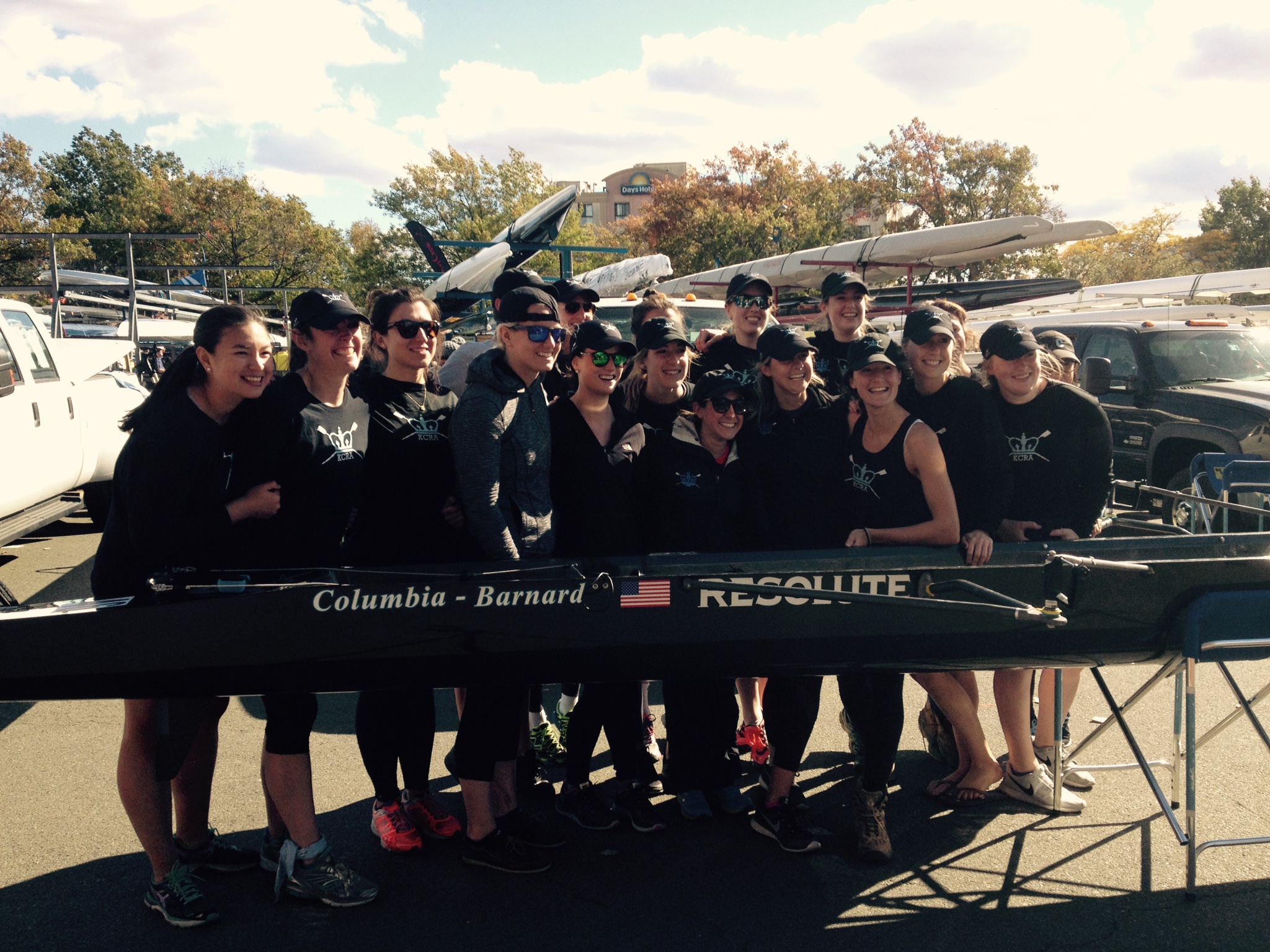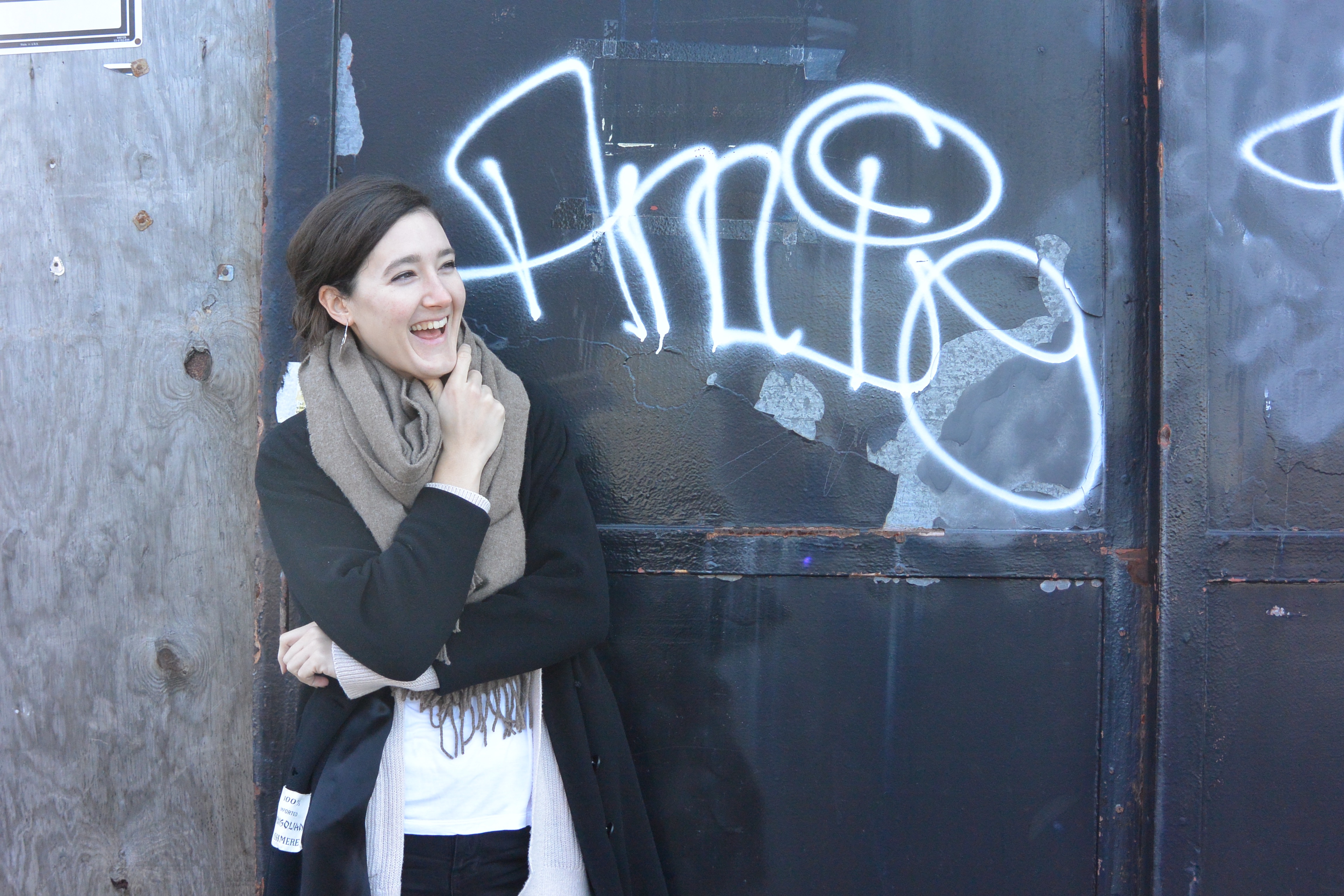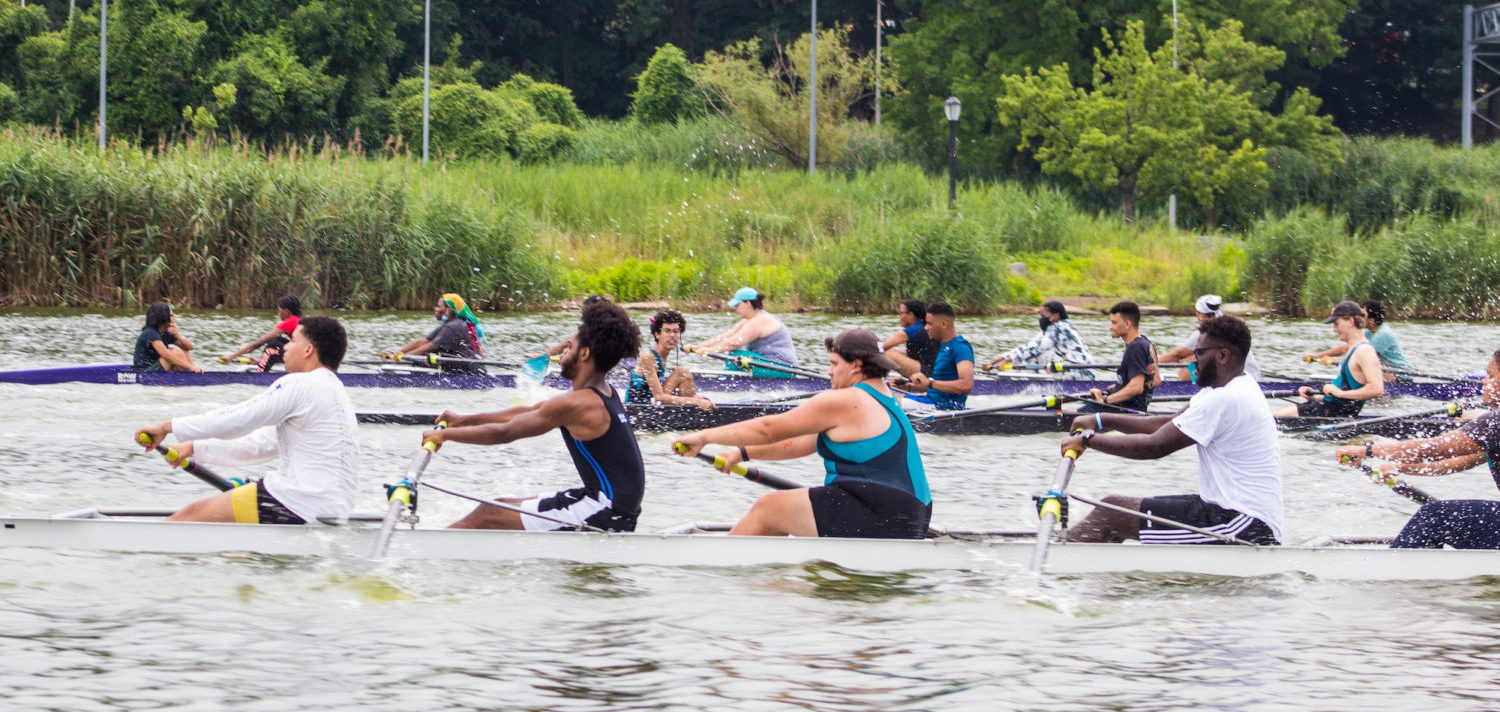by Ruby Lyon
“Everything I know about education I learned from my former teaching colleagues. These teachers inspire me still. I ultimately left teaching because I could not make sense of my part in a system that felt less about learning and more about reproducing the social hierarchy that puts minority students at the bottom. At Row New York, we can decide what is important for our kids to learn so that they can be successful and happy people. We also have the chance to empower our students to challenge the systems of power and to be change makers in their own lives and communities.” – Bailey Griswold, Row New York’s newest Director of Academics and College Readiness.
Bailey,
What first brought you to Row New York?
I graduated from Barnard College in 2012 and I rowed on the Columbia University team. That was the first year that Row New York was in the Peter Jay Sharp Boathouse, so I would see them on the water.

How did you start your career?
I started teaching at a public school in East Flatbush. I was teaching earth science to kids. Science can be a hard sell. I’ve always loved science, but I think for a lot of kids, science and math are scary. When it gets hard they kinda give up or they get freaked out, so they don’t persist and try at it. I was like, “oh, wow. The values, the perseverance, and skills that I learned through rowing, and that Row New York is teaching to kids, would apply in the classroom.”
What attracted you to an educational role?
Being able to work with kids. I feel like kids have great energy and eagerness and an earnestness that adults don’t necessarily have.
What attracted you to becoming the Director of Academics at Row New York?
To be able to decide what is important for kids to learn that’s not the layers of the earth – how to study, how to time manage, how to confront someone when you’re in a conflict with them, or how to tap into a positivity when you’re not feeling good about yourself. The things you don’t get taught in school.

We spent the fall focusing on executive functioning in academics. What is executive functioning?
Executive functioning, time management, emotional intelligence, and financial literacy – those are all things that are critical skills. All four of those things are very much about self-efficacy; learning skills that you can apply or employ to self-actualize. Instead of it being like, “oh, well I’m just a procrastinator, that’s just me. I’m never going to be able to not procrastinate,” it’s more like, “well actually the reason why I procrastinate is because I’m not very good at prioritizing, or task initiation.”
Instead of framing things as what we can’t do it’s more like what are the skills that we can develop in order to succeed, not just academically.
Do you have a vision for academics going forward into 2017?
Continuing on with the self-efficacy theme. Also goal setting and goal building – connecting that to long-term vision in terms of career and college. I’ve put a lot of time into developing a college roadmap for our seniors, juniors, and our sophomores. I really want our kids to be able to assess for themselves which schools might be the best fit for them, and really give them the tools to be able to do that.
Any departing words for our readers?
I really feel like my role is about learning – teaching skills that kids can apply in academics or at home, or if they have their own outside goals or personal projects that they want to achieve. That it’s not just about academic achievement. It’s helping kids be able to own their own vision for their lives. It’s a big undertaking.



